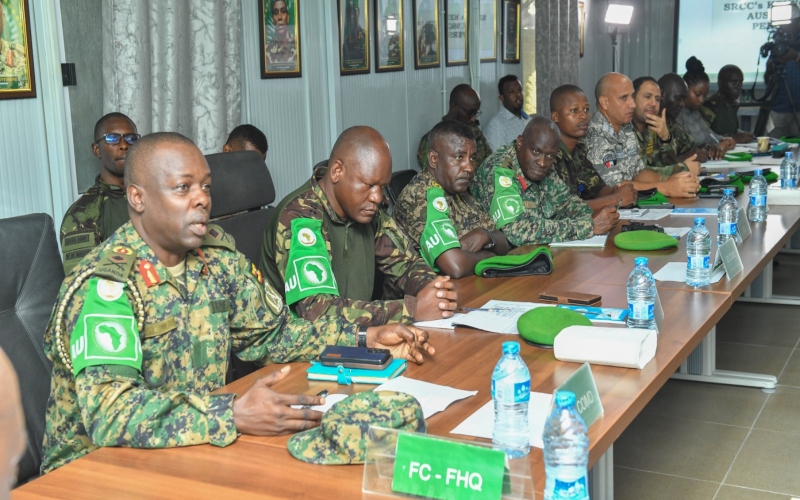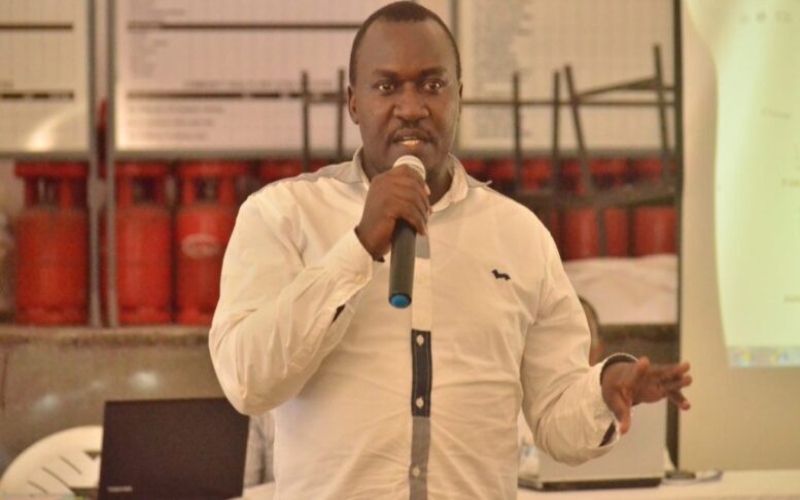From the streets to the Supreme Court: How Raila Odinga made justice his battlefield

Raila Odinga’s relentless pursuit of electoral justice turned Kenya’s courts into the frontline of democracy and left a legacy that transcends politics.
The passing of Raila Amolo Odinga, Kenya's former Prime Minister and long-time opposition leader, marks the end of an era in the nation’s political and legal history.
For more than two decades, Raila embodied the struggle for electoral justice — taking his battles from the campaign trail to the courtroom, challenging the integrity of Kenya’s elections, and shaping the country’s constitutional democracy in the process.
More To Read
- Emotional moment as Uhuru makes private visit to Raila Odinga’s grave in Bondo
- President Ruto outlines four Raila-inspired pillars to drive Kenya’s growth
- Ruto honours Raila posthumously with Kenya’s highest civilian award, Chief of the Order of the Golden Heart of Kenya (CGH)
- Live blog: Raila Odinga interred, honoured with 17-gun salute
- Focus on national wealth, not personal gain - Mama Ida tells leaders
- Sifuna urges ODM to honour Raila’s last words and prepare for 2027
This explainer revisits how Raila Odinga’s courtroom battles — especially his landmark Supreme Court petitions — redefined Kenya’s politics, its legal landscape, and the meaning of the people’s vote.
Legacy built on political resilience
Raila Odinga’s political career spanned over four decades — from his involvement in the struggle for multiparty democracy in the 1980s to his role as Prime Minister in the Grand Coalition Government following the disputed 2007 election.
More than any other politician of his generation, Raila came to symbolise the fight against electoral injustice. He ran for president five times, contesting results he claimed were manipulated — and in doing so, he pushed Kenya’s judiciary and electoral systems to evolve.
Taking the battle to court
Raila’s repeated choice to pursue justice through the courts rather than the streets marked a major shift in Kenya’s post-election culture. His petitions — particularly in 2013, 2017, and 2022 — tested the limits of constitutional democracy and judicial independence.
In 2013, the Supreme Court dismissed his case, upholding Uhuru Kenyatta’s victory. But in 2017, the Court made history by nullifying a presidential election — the first such decision in Africa — citing massive irregularities. That ruling was widely viewed as vindication of Raila’s long-standing claim that Kenya’s elections required deep reform.
The 2022 election petition: The final battle
In what became his final major political contest, Raila Odinga once again petitioned the Supreme Court after the 2022 presidential election, alleging tampering with results and a breakdown of transparency within the Independent Electoral and Boundaries Commission (IEBC).
Although the Court upheld President William Ruto’s victory, the proceedings exposed deep institutional divisions within the IEBC and reaffirmed that elections must be free, fair, and verifiable under Articles 81 and 86 of the Constitution.
For Raila, even in defeat, the case reinforced his image as a defender of constitutionalism — a leader who chose law over violence in a country long scarred by post-election unrest.
How Supreme Court battles changed Kenya
Raila’s petitions left behind enduring legal and political reforms that elevated the judiciary as the central arbiter of electoral disputes. His persistence strengthened judicial authority and public confidence in the courts.
The IEBC, in turn, was compelled to modernise its systems and procedures. Public expectations of transparency and accountability in vote tallying also grew significantly, reshaping how Kenyans engage with democracy.
Symbolism of Raila's legal fights
For millions of Kenyans, Raila Odinga was more than a politician — he was a symbol of resistance, reform, and resilience. His relentless pursuit of electoral justice turned courtrooms into arenas of accountability and helped entrench constitutional governance in Kenya’s democratic journey.
Raila Odinga’s passing closes a monumental chapter in Kenya’s history. His courtroom battles — sometimes triumphant, often uphill — were never just about personal ambition. They were part of a broader struggle to ensure that every Kenyan vote counts.
In the end, Raila Odinga may not have won the presidency, but he won the moral and legal argument for fair elections — a legacy that will outlive the politics of his time.
Top Stories Today















































